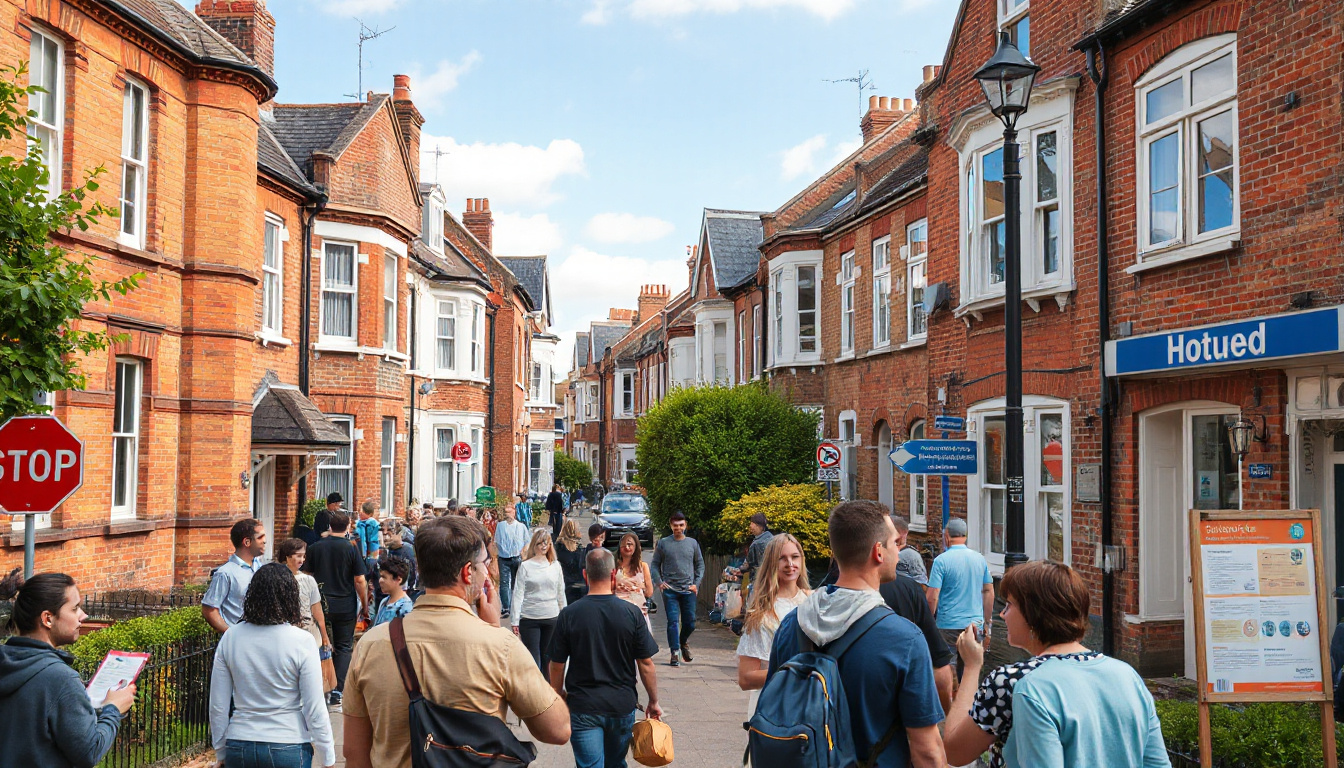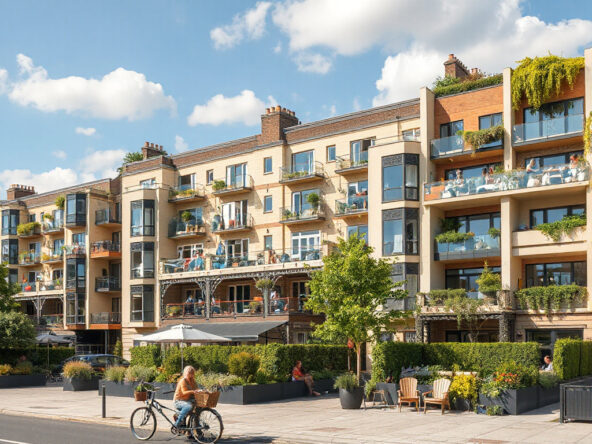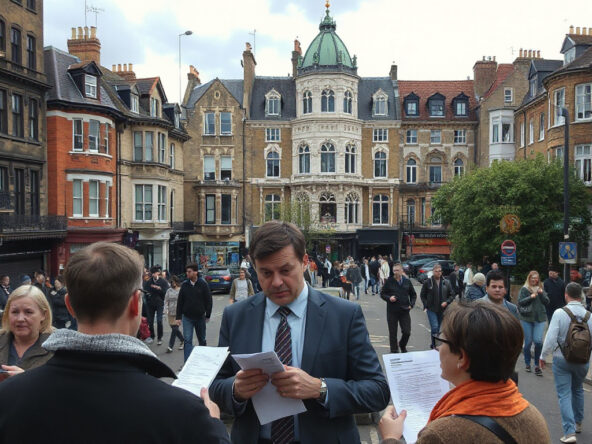South London Councils Propose New Licensing Rules for HMOs
In South London, borough councils note HMOs rising in frequency. Councils, watching these properties multiply and risks intensify, propose a regime that binds houses in multiple occupancy to a strict licence. Municipal regulation now links every HMO in a network of dependency, where every living unit and fee, inspection, and penalty interlock in one scheme.
Proposed Borough-Wide Licensing Scheme
A borough-wide schema now mandates a licence when three unrelated tenants cohabit, a measure that applies to both long-established and new HMOs. This licensing construct ties fee impositions to fiscal responsibilities; fees fund property checks and corrective moves that might include fines, legal actions, or, in the severest cases, council oversight of dwellings where upkeep falls short. The scheme, slated for a spring 2026 rollout during ongoing consultations, joins each tenant count with regulatory oversight in a knot of municipal and owner duties.
Background and Wider Enforcement Efforts
Recent measures, including an Article 4 Direction that stops single-family homes from shifting into smaller HMOs without planning permission, join this licensing rule. Municipal controls across nearby boroughs inspect suspected unauthorised HMOs and pursue legal redress when breaches arise. These actions bind community concerns about high density, noise, parking strains, and environmental effects from rapid HMO proliferation into a tightly linked network of enforcement and review.
Implications for Landlords and Tenants
Landlords now face a regulatory framework that pairs added responsibilities with increased financial burdens. This framework, built on dependencies between licence fees, inspections, and penalties, fixes owner duties to set standards that secure better living conditions. For tenants, changes aim to secure living spaces and rights within shared housing, binding individual safety to a systematic review of occupancy.
Summary
HMOs continue to expand amid a system where South London councils now craft a strict licensing control that captures units with lower thresholds. Every property, fee, inspection, and penalty interconnects in a model that holds both private landlords and local management accountable. Public consultation remains a part of this networked process as the new licensing rule prepares for a spring 2026 debut, marking a significant shift in how multiple-occupancy housing is governed.



